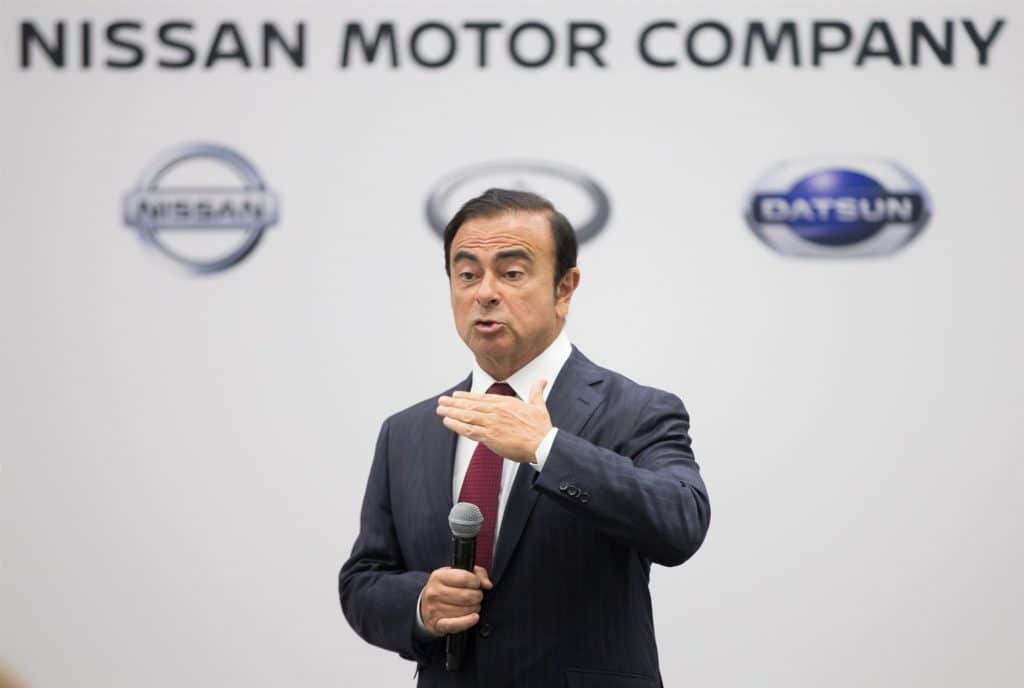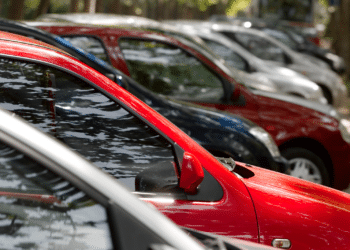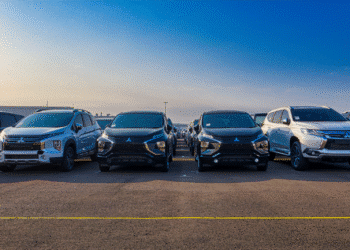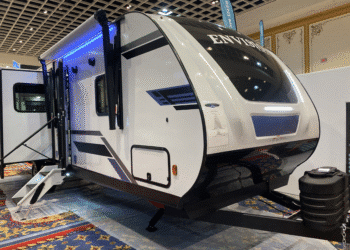Future of Renault-Nissan-Mitsubishi Alliance Uncertain Amid CEO Arrest

Renault–Nissan–Mitsubishi Alliance is likely to undergo reconfiguration regarding which brand holds the power, following the arrest of Nissan Chief Executive Carlos Ghosn on Monday. However, the impact on the financing side should be minimal, analysts told Auto Finance News.
“Most consumers pay little attention to these palace-intrigue stories,” Michelle Krebs, an executive analyst at Autotrader, told AFN. “The biggest question is what happens to the [alliance]. Ghosn was the glue that held the alliance together, despite tension among the parties.”
Ghosn’s leadership of the alliance — which began in 1999 as a means of rescuing Nissan from near-bankruptcy — deserves credit for “being the brainchild” behind a complex yet dynamic alliance that has proven beneficial to all OEMs involved, Anil Goyal, executive vice president of operations for Black Book, told AFN.
“Each brand has seen the value of the alliance and having that power in terms of sourcing and infrastructure and capabilities,” Goyal said. “It would be harder for the brands to decide to do it all alone and not together.”
The three carmakers share ownership. Renault holds a 43.5% stake in Nissan, while Nissan owns 15% of Renault. Mitsubishi joined in 2016 after Nissan purchased 34% of its stock.
Black Book anticipates the reconfiguration of the alliance as a positive for Nissan and its captive finance arm Nissan Motor Acceptance Corp., as it has become a major player in the industry and within the alliance, Goyal said.
“The alliance will be changed and reconfigured based on who holds the key to the power — I think that will be a positive for Nissan,” Goyal said. “It’s a matter of figuring out what’s the benefit for the alliance and keep it simple and less complicated so the [OEMs] can still take advantage of working together.”
NMAC and Mitsubishi Motors North America have previously expressed to AFN how the alliance drives profitability and opportunity.
“[The alliance] enables the expansion of our support responsibilities in North America for sales finance,” President Kevin Cullum told AFN in September. Overall, the alliance provides NMAC the opportunity utilize Renault and Mitsubishi to target specific markets where the separate brands’ presence is strong.
Earlier this year, the alliance reported a 14% increase in annualized “synergies” — the result of cost savings, incremental revenues, and cost avoidance. These synergies grew to $6.7 billion in 2017, compared with $5.8 billion in 2016. Mitsubishi Motors North America, for one, has benefited from its first year in the alliance, which drove total sales of more than 10.6 million vehicles.
The global impact of Ghosn’s arrest is yet to be revealed, but the news reportedly dropped shares of Renault — falling as much as 15% in Paris — while Nissan’s global depository receipts decreased more than 11%, according to Bloomberg.
Ghosn was arrested by Japanese authorities for alleged financial misconduct. He has not been charged, according to reports, and he has not issued a statement. With investigations still ongoing, Nissan is organizing a board meeting on Thursday to discuss the removal of Ghosn from the position of chairman and representative director, Nissan Chief Executive Hiroto Saikawa said during a news conference at Nissan headquarters in Yokohama on Monday.









